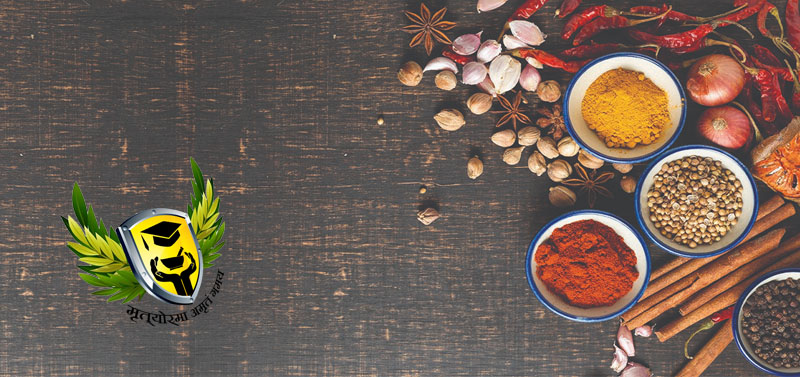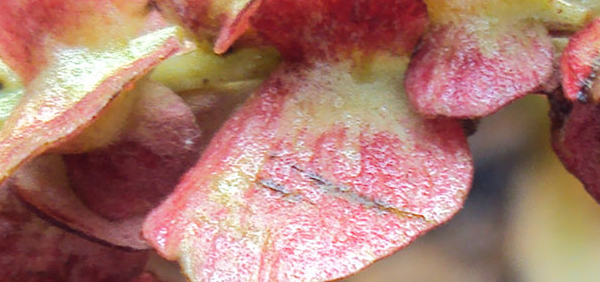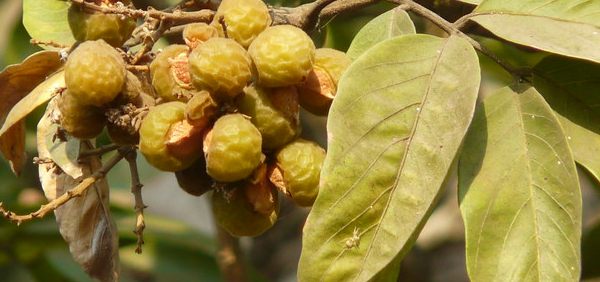kasamarda :

Precautions:
Though the animal study show oral administration during pregnancy in female Wistar rats did not cause statistically significant changes between control, and test groups with respect to fetuses, placentae, and ovaries weight, it is better to avoid this herb in pregnancy as it is a hot in potency, and has purgative effect.Toxicity studies:
Acute toxicity test conducted on Cassia occidentalis found that this plant did not show any hazardous symptoms. The leaves are found to be safe with no adverse effect on the liver, and kidney functions at the doses administered.Almost all parts (leaf, root, seeds) of the plant are used as food and medicine by tribal populations in India. However, consumption of Bana Chakunda seeds has been identified as a possible cause of death of tribal children due to acute Encephalopathy . Once the plant was identified as the cause, the number of deaths plummeted.
- » Classification and names of kasamarda
- » Synonyms and definitions of kasamarda
- » Drug Properties of kasamarda
- » Chemical Constituents of kasamarda
- » Standardization of kasamarda
- » Parts used and Dosage of kasamarda
- » Morphology and Histology of kasamarda
- » Distribution and Conservation of kasamarda
- » Cultivation of kasamarda
- » kasamarda in the market
- » Medicinal Uses of kasamarda
- » Researches and clinical trails of kasamarda
- » kasamarda in other sytems of medicine
- » Ayurvedic formulations with kasamarda
- » Images of kasamarda












